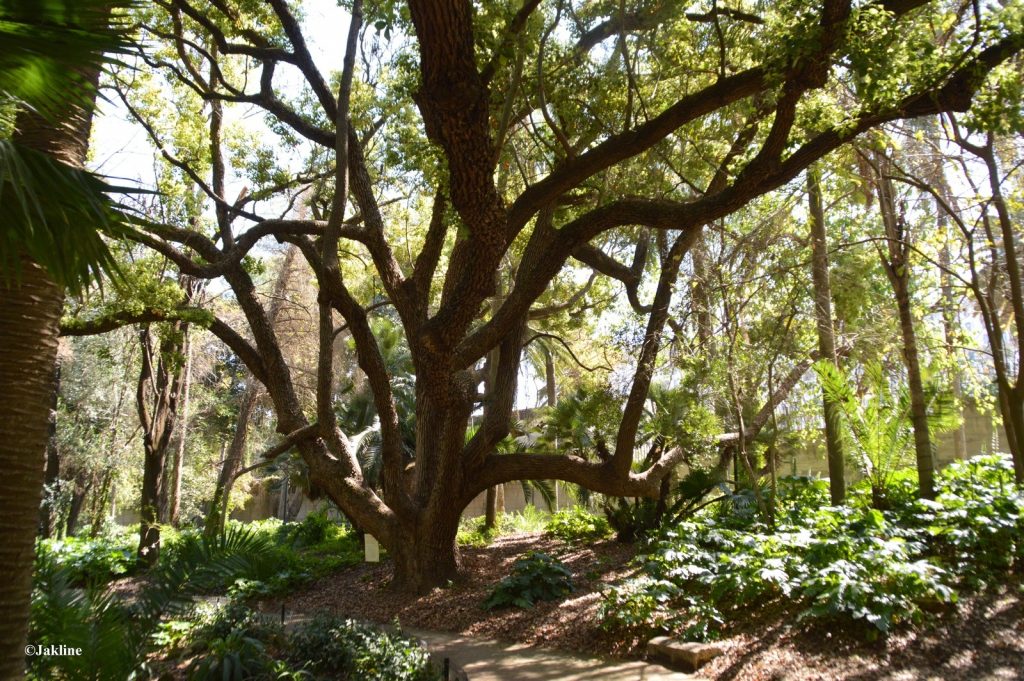A true garden
04.10.2017A true Garden by Hélène Cixous is a tale full of strangeness.
The story, in the pared down language of a child, nods to a world where everything is uncertain. The narrator (a boy) is inside the garden and has a name that is not specified. Named beings, guards and nursemaids, are faceless and hostile. They are a threatening presence as far as the boy is concerned. The world beyond the garden’s confines and from which the boy is talking has been destroyed by bombs. The author’s bellybutton confirms that he wasn’t always alone, that he had once lived inside someone else’s belly. But now he is alone in this garden. The indictment of this bellybutton by the adults calls their very humanity in question. Perhaps they have not come from an original garden? The only word in the text that is clear, certain and luminous is garden. And it is narrator’s only comfort and reassurance. Its earth, sand and ochre are his only possessions; he scoops it all up in his hands and flings his whole body on it, nestling in its inclines, adding his blood to it without pain. This garden is everything. Everything of value. Everything else is evil and dead. Before long a bomb falls, reuniting the author with the earth. Finally his body becomes at one with the garden.
Of course, this story probably comes from an interpretation of a combination of events. But no matter. The ramifications of the world have found refuge in this boy’s garden, a place of simple words, with only a few paths and the obligatory fracture line between the evil folk and their wars and lives and the garden itself.


